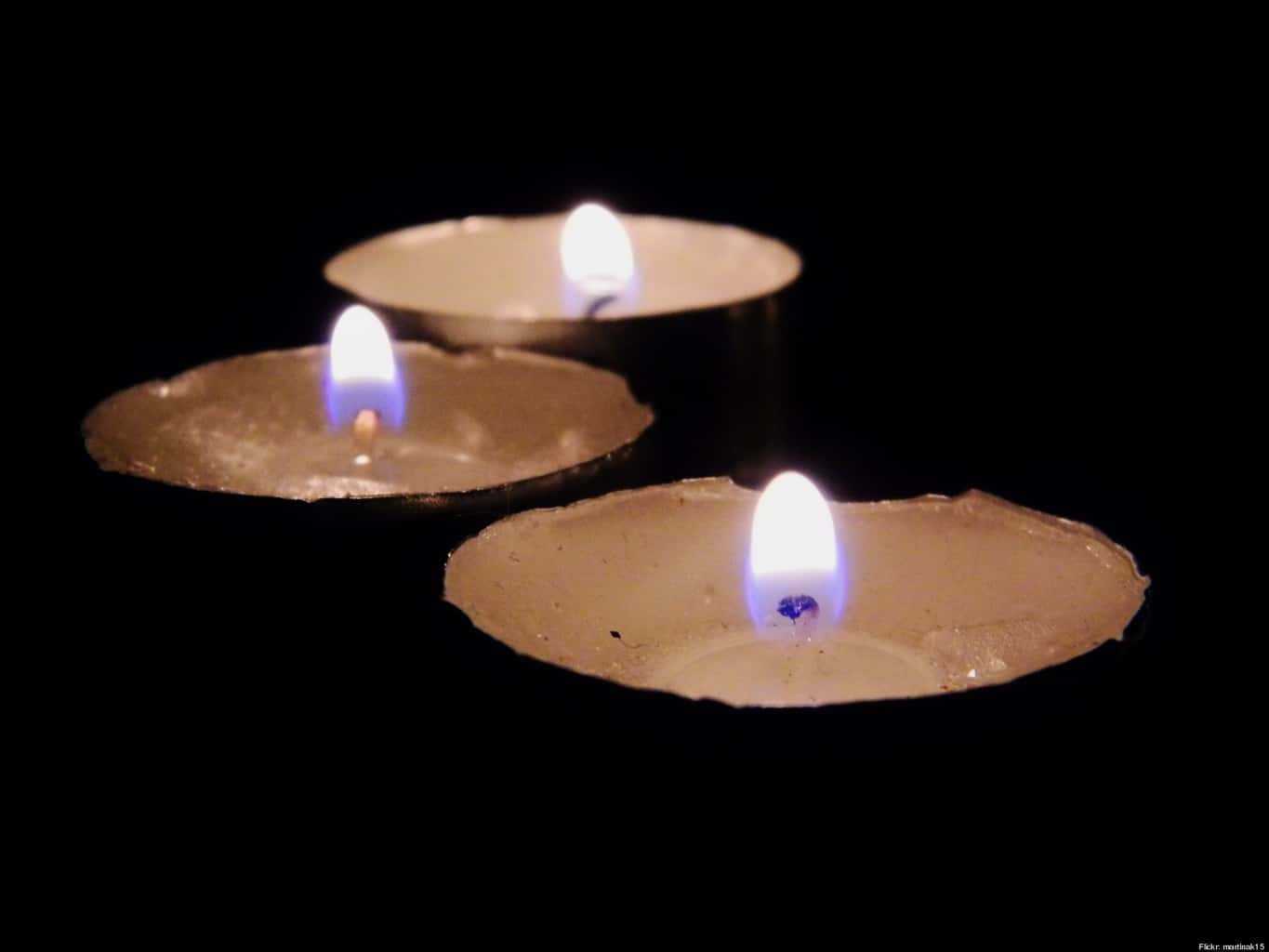
 Parenting Through Loss and Grief
Parenting Through Loss and Grief
How do we help our children through loss and grief?
How do we deal with loss and grief in our own lives?
We live in a society that often denies our pain, loss and grief.
The spoken or unspoken message we often receive when we are experiencing grief is, “What’s wrong with you, you’re not happy. Get over it. Here, have a drink, take some drugs, eat some food, find a new lover, etc. Now, feel better.” In other words, “Hurry up and fill up your loss with something, because your sadness and grief make me feel uncomfortable and powerless.”
Parents, out of good intentions, often respond with similar quick fix answers when their children are experiencing the loss of a pet, a friend, or family member.
We are quick to get a new pet or find a new friend for our kids because we don’t want them to feel any pain. Are we really helping them? Or are we trying to make ourselves feel better?
As a parent, I never like watching my kids experience any pain and yet, pain is part of life. I discovered just being there and acknowledging what they’re going through is much more helpful than it seems. It can be as simple as saying, “I’m sorry for your loss. This must be hard for you. ” Doesn’t it feel better to be acknowledged and accepted for where you are, than to have someone trying to make you feel better and fix something they can’t fix?
Divorce is particularly hard for parents because they are going through their own grief and upset at the same time that their children are experiencing their own grief and loss. These difficult times of loss, change, grieving, and transition require a lot of gentleness, patience, and self care.
Death, divorce, and moving are at the top of the stress scale.
What tools can we learn and pass onto our children for navigating such painful times?
Learn more about the stages of grieving* for yourself and your children:
Shock/Denial ~“No! This did not happen!”
Anger ~ “This should not have happened! How could God let this happen!”
Bargaining ~ “If only…..If only I had done……, then this would not have happened.”
Depression ~ A deep sadness for this loss.
Acceptance ~ I accept this loss as part of my life and can move on with my life.
Find a good therapist and/or support group.
There are divorce support groups and grief support groups.
“Our House Grief Support Center”** (in West Los Angeles and in the Valley) is well known and highly regarded for their grief support groups for children, teens, and adults grieving the death of a loved one.
Locally, I know there are divorce support groups at the YWCA in Santa Monica as well as many areas through out Los Angeles.
Go online to find services in your area and ask friends to refer you to services they have used and liked.
There are also a lot of good books on the subject of grief for both children and adults. Ask your local librarian for help, or just “google it”, (as my kids advise).
Above all, be gentle with yourself and your loved ones. Take it slow. Everyone is hurting, especially the first year of readjusting to new ways of living. If possible, try not to make any major decisions the first year.
Get plenty of rest, exercise, and eat nourishing foods. Grief can be physically & emotionally exhausting. It’s important to take time to care for yourself so that you will have the extra strength you need.
When overwhelmed ~pause~breath, and remember,
“one day, one moment, one breath at a time”.
* Stages of grieving were discovered by Elizabeth Kubler-Ross. She wrote about it after observing her dying patients and their families. She has written many books, of which the most famous is “On Death and Dying”.
** If you go on the website for “Our House”, www.ourhouse-grief.org they have many helpful resources for children, teens, and adults grieving the death of a loved one. See their free downloadable “Grief Pages” for helpful grief support information for children, teens, and adults.
Lindaspeaks.wordpress.com


Be the first to comment